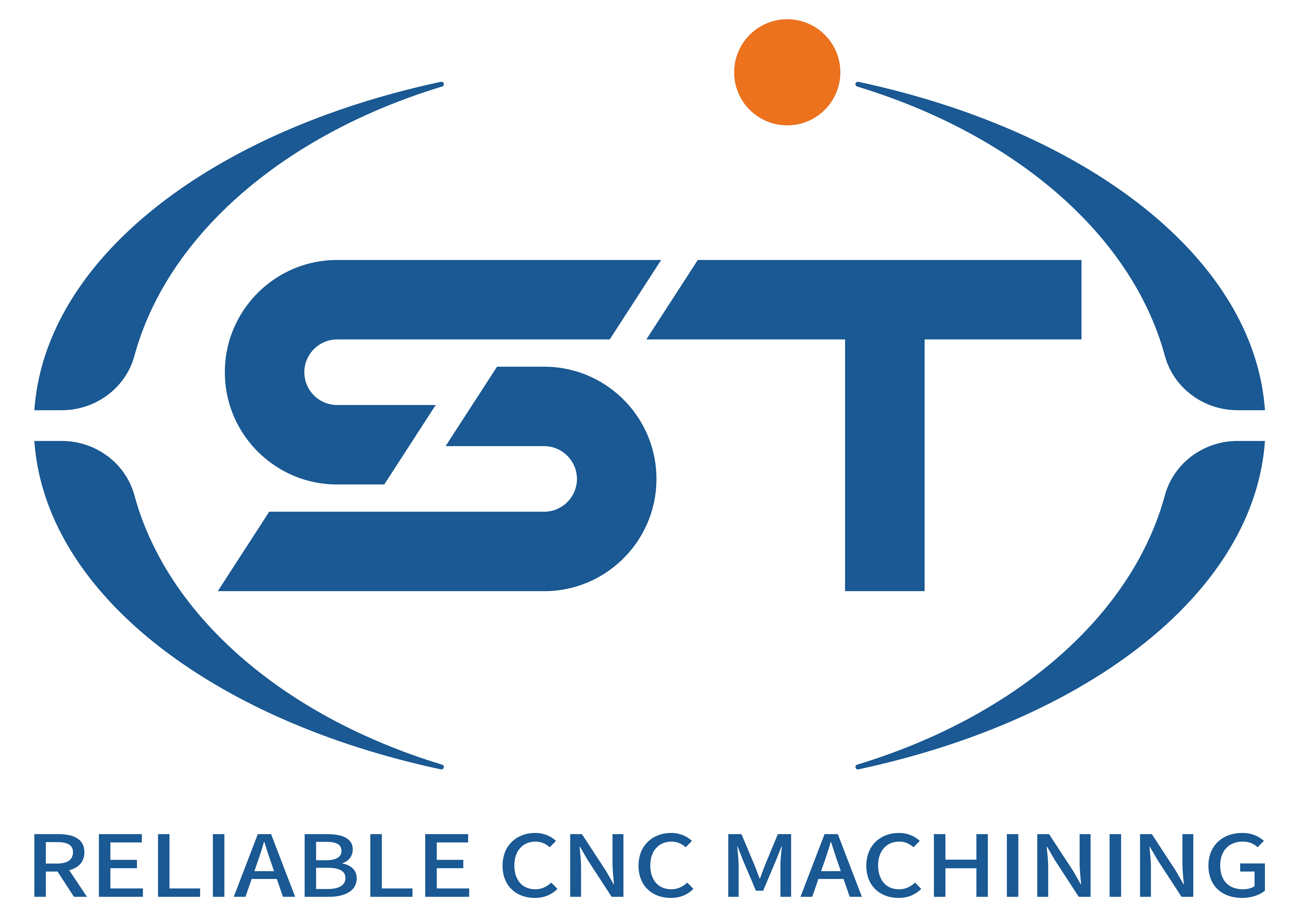Table of Contents
ToggleUnderstanding CNC Pricing
When it comes to CNC (Computer Numerical Control) machining, pricing can vary significantly based on various factors. One of the primary influences on cost is the quality tolerances specified for the project. Tolerances refer to the allowable variation in dimensions during machining, and tighter tolerances result in higher costs.
The Impact of Tight Tolerances
For instance, when requesting tight tolerances such as ±0.01 mm, the complexity of the machining process increases. These specifications require advanced equipment and more rigorous inspection processes to ensure compliance with the precise measurements. This added complexity translates directly into higher personnel costs, extended machining times, and elevated material waste, all contributing to increased CNC pricing.
Strategies for Balancing Precision and Cost
On the other hand, looser tolerances allow for more flexibility during the machining process, which can significantly reduce costs. When considering your CNC project, it can be beneficial to analyze the need for tight tolerances closely. If they are not critical to the functionality of the product, opting for wider tolerances can lead to substantial savings.
In summary, understanding the relationship between quality tolerances and CNC pricing is crucial for optimizing manufacturing outcomes. Balancing precision needs with cost control ensures that you achieve the best possible results without overspending. Evaluate your tolerance specifications carefully, and consider how they affect your overall budget and project timelines.




